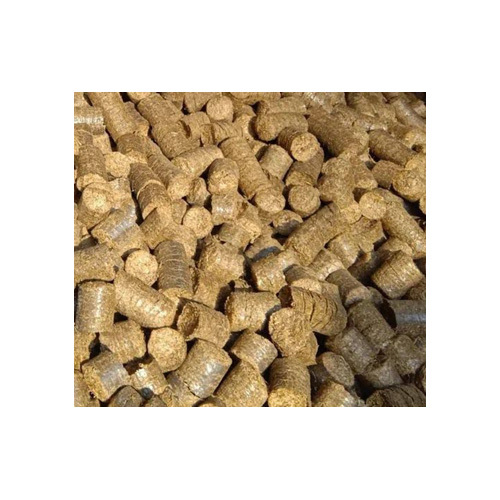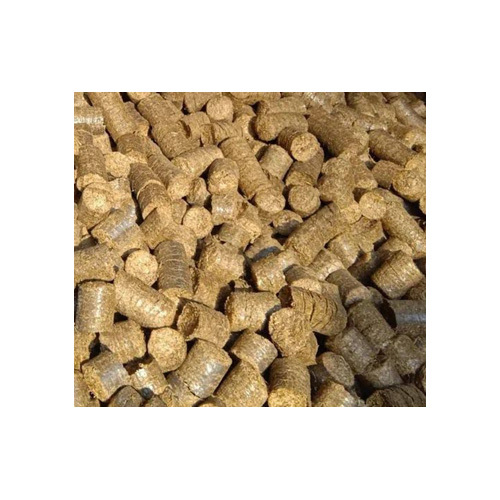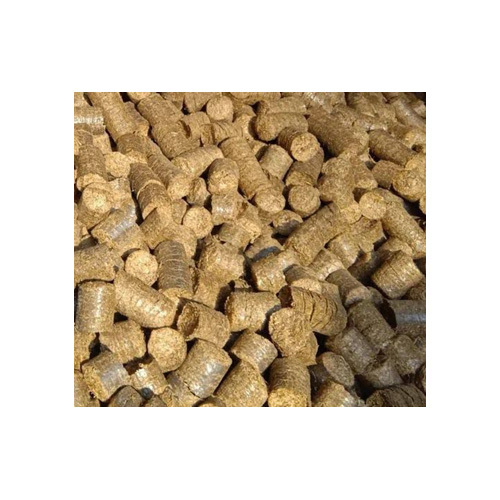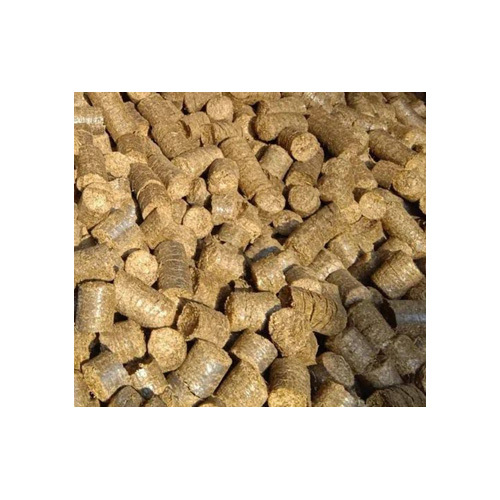90mm Mustard Biomass Briquettes
Price 9000.0 INR/ Ton
90mm Mustard Biomass Briquettes Specification
- Gross Calorific Value
- 3600kcal
- Size
- 90mm
- Material
- Mustard husk
- Shape
- Briquette
- Moisture (%)
- <10%
- Ash Content (%)
- <10%
90mm Mustard Biomass Briquettes Trade Information
- Minimum Order Quantity
- 10 Tons
- Payment Terms
- Cash in Advance (CID)
- Delivery Time
- 7 Days
- Sample Policy
- Contact us for information regarding our sample policy
- Main Domestic Market
- All India
About 90mm Mustard Biomass Briquettes
Mustard Biomass Briquettes are made from compressed agricultural residue of mustard crops, including husk, stalks, and shells. These 90mm briquettes offer a calorific value of ~3600 kcal/kg, with low moisture and ash content (<10%), making them a clean, cost-effective alternative to fossil fuels. At Rs 9/kg, they are ideal for industries seeking sustainable fuel solutions for heating and steam generation.
Technical Specifications:
| Parameter | Value |
|---|---|
| Briquette Size | 90 mm |
| Material | Mustard agricultural residue |
| Price | Rs 9/kg |
| Calorific Value | ~3600 kcal/kg |
| Moisture Content | <10% |
| Ash Content | <10% |
| Form | Solid cylindrical briquette |
| Application | Boilers, Furnaces, Kilns |
Key Features & Benefits:
-
Moderate to High Calorific Value (3600 kcal/kg): Sufficient for most industrial heat processes.
-
Made from Waste Biomass: Converts agri-residue into clean energy.
-
Low Moisture & Ash (<10%): Enables clean combustion with reduced residue.
-
Affordable Pricing (Rs 9/kg): Ideal for cost-sensitive industries switching from coal or wood.
-
Environmentally Friendly: Reduces reliance on fossil fuels and supports waste recycling.
Typical Applications:
-
Industrial Boilers & Heaters
For steam and thermal energy generation in various sectors. -
Brick Kilns & Lime Kilns
A renewable alternative to coal or wood. -
Agro & Food Processing Units
Used where medium-high process heat is required. -
Rural & Semi-Urban Energy Needs
Applied in decentralized biomass-based heating systems.
Frequently Asked Questions (FAQs)
Q1. What are Mustard Biomass Briquettes made from?
A: They are made from agricultural residues such as mustard stalks, husks, and shellscompressed into briquettes without any chemical binders.
Q2. How do they perform compared to coal?
A: They offer a slightly lower calorific value than coal but burn much cleaner, emitting less sulfur, ash, and harmful gases.
Q3. What systems can use these briquettes?
A: They are suitable for biomass-compatible boilers, furnaces, and kilns. No special modifications are needed if you're already using similar solid fuels.
Q4. Are these briquettes environmentally friendly?
A: Yes, they reduce agricultural waste, lower carbon emissions, and support cleaner combustion processes.
Q5. Is storage and handling easy?
A: Yes. Just store in a dry, covered space, away from moisture. They are solid and uniform, making them easy to transport and handle.
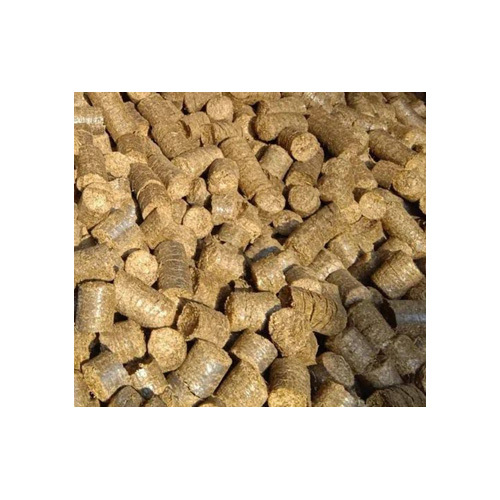

Price:
- 50
- 100
- 200
- 250
- 500
- 1000+
More Products in Mustard Husk Briquettes Category
60mm Mustard Husk Briquettes
Price 7000.0 INR / Ton
Minimum Order Quantity : 10 Tons
Shape : Cylindrical, Other
Ash Content (%) : 12%
Size : 60mm
Material : Mustard husk
70-90mm Mustard Briquettes
Price 9000.0 INR / Ton
Minimum Order Quantity : 10 Tons
Shape : Other, Cylindrical
Ash Content (%) : <10%
Size : 70mm90mm
Material : Mustard husk
90mm Mustard Stalk Briquettes
Price 11500.0 INR / Ton
Minimum Order Quantity : 10 Tons
Shape : Other, Cylindrical
Ash Content (%) : <10%
Size : 90mm
Material : Mustard husk
30mm Mustard Husk Briquettes
Price 13000.0 INR / Ton
Minimum Order Quantity : 10 Tons
Shape : Other, Cylindrical
Ash Content (%) : 11%
Size : 30mm
Material : Mustard husk
 Send Inquiry
Send Inquiry
